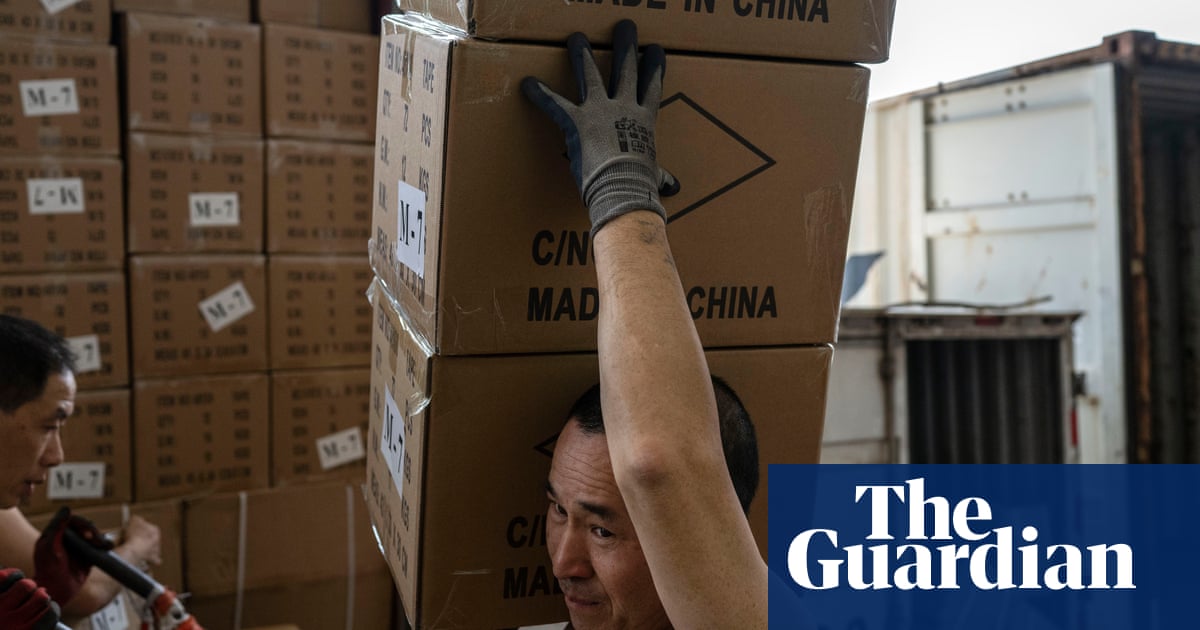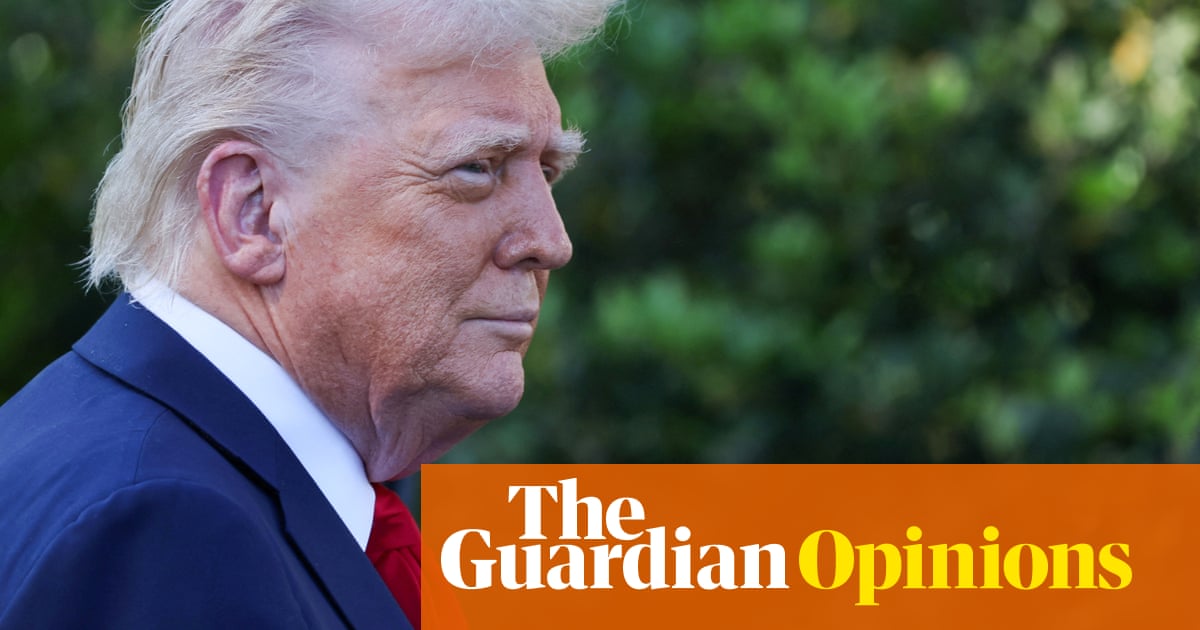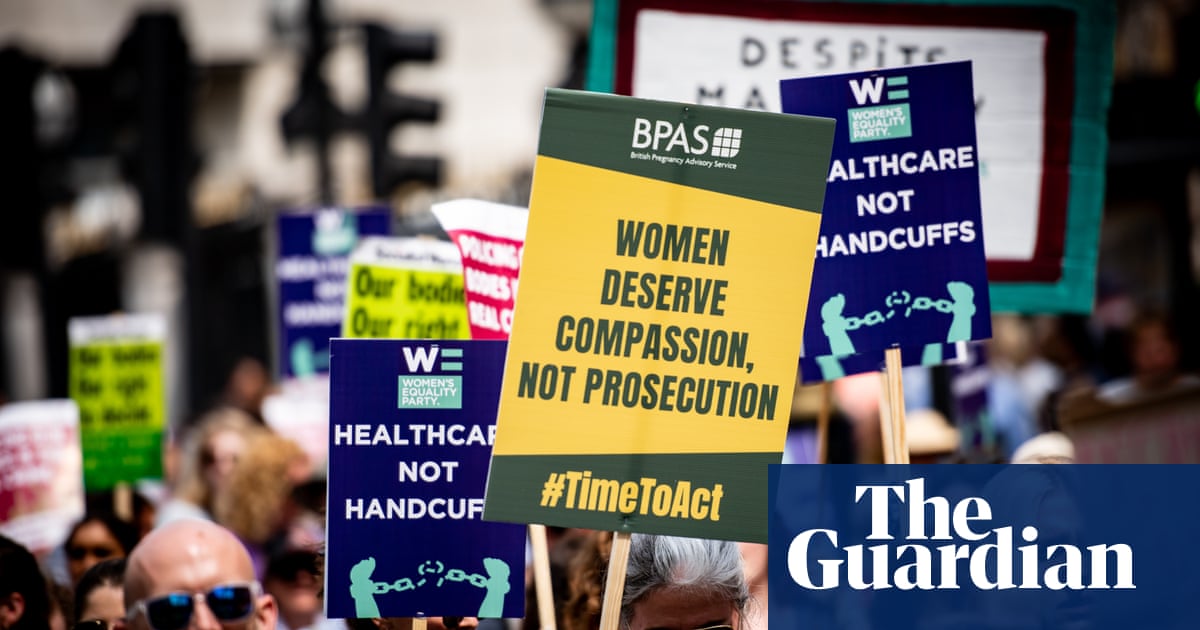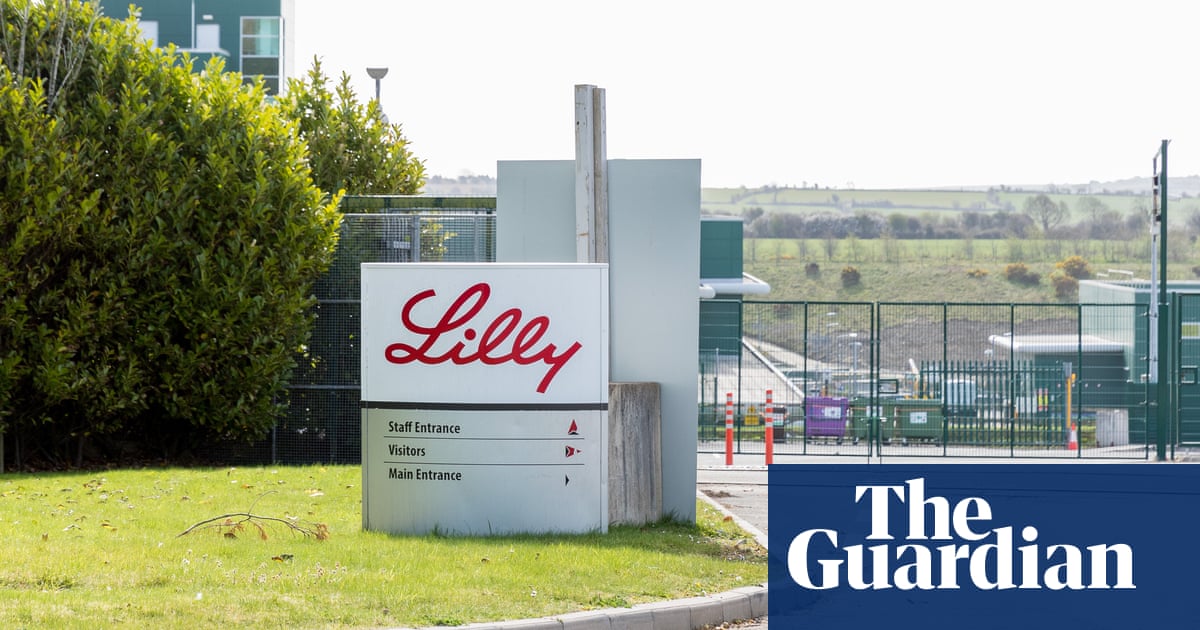“In a lot of ways it feels like Covid 2.0. So many things are getting disrupted so quickly.” Like so many businesses across Donald Trump’s America, Matt Katase’s craft brewery, Brew Gentleman, is having to contend with a bafflingly uncertain trading environment.
The brewery’s chief operating officer, Alaina Webber, says: “For the first time, as a company in operation going on 15 years, we’ve started to get explicit emails that say: ‘On this existing order, you are now going to see a 30%, then to a 130% increase.’”
The brewery is based in Braddock, in the Allegheny valley, in the eastern suburbs of Pittsburgh, where the Scots-born industrialist Andrew Carnegie opened his first steel mill about 150 years ago, founding an industry that underpinned the industrialisation of America.
Today, the vast mill is still in operation, but the tariffs Trump claims will restore the glory of rust-belt towns such as this have inflicted chaos on thousands of firms across the region.
Anything imported carries a 10% levy; steel and aluminium, 25%; Chinese products, 145%. And much higher “reciprocal” tariffs on many other countries hang in the balance.
For Brew Gentlemen, the tariffs even threaten a consignment of bespoke Chinese-made beer tap handles, which are waiting at the docks while it negotiates the price with their supplier. “Those are now sitting in customs and they’ll sit there for quite a while,” says Webber.
The brewery had to transform rapidly during the Covid pandemic, switching from selling beer to locals in its taproom to focusing 100% on manufacturing.

Now, just as it hoped for a “normal” year, the cost of many of the inputs to the brewing process is in flux.
“You can’t instantly start growing New Zealand hops in America,” says Katase, its co-founder. “We use a lot of American hops, but then we have beers that use Australian or New Zealand hops and we have malt that comes from Canada. If you’re trying to make a traditional German lager, yeah, you kind of need German malt.”
At the other end of town, outside the vast Edgar Thomson steel mill, workers gathered in a union social hall are reluctant to chat.
One man says he and his mates are divided about the merits of the long-running takeover battle for the plant’s owner US Steel, by Japan’s Nippon Steel. “That’s a tricky subject,” he says.
But he holds out hope that Trump’s tariffs will bring change to towns like this, where shops are shuttered and many of the clapboard houses have broken windows. “I think they might work, because we have been taking a beating lately,” the steelworker says. “America’s been robbed and abused and I think it’s time that we start taking care of our own, and they start taking care of theirs.”
The international president of the Pittsburgh-based United Steelworkers union, David McCall, has praised Trump’s tariffs, calling them “a crucial means of reining in bad actors who view access to the US market as a right, not a privilege.”
At the nearby headquarters of the Steel Valley Authority, which has been supporting businesses in this region for decades, its veteran executive director Tom Croft is more sceptical.
“What we’re hearing is there’s just a lot of uncertainty. The prices are the big thing, and the supply chain of products,” he says. “Right now, it’s too early to tell, but people are thinking it’s very much like the Covid shutdown.”
He doesn’t object to the idea of targeted tariffs as part of a wider industrial policy, but he says: “The way they’re going about it has made a lot of the smaller manufacturers and managers wonder what the hell they’re going to do.”
Joe Biden maintained the tariffs on China that Trump imposed in his first term, and was preparing to intervene to block the Nippon deal. Trump backed the takeover during the campaign but recently suggested he didn’t want US Steel to “go to Japan”.
Debate is raging in the once mighty industrial city of Pittsburgh, which has transformed itself in recent decades to specialise in “eds and meds” – education and medicine.

Outside La Prima Espresso Company in the city’s Strip District, where warehouses are slowly being transformed into swanky flats, a row breaks out among the older men gathered to play cards when they are asked about Trump’s policies.
One gestures to his head, suggesting the president is “not good on the second floor”, while another storms off.
Nick Kirk, who owns a local trucking firm and wears a red tie to show his support for Trump, says: “Everybody thinks it has to be done like this,” clicking his fingers. “In your own personal life, nothing gets done that fast.”
Not far away, Joy Lu, the manager of an Asian supermarket, Lotus Food, is struggling to keep up with the price hikes on Chinese imports.
“For example, fresh noodles, they already increased in price,” she says. “Before we sell for $6.99 and then they increased to $7.99 and now it’s $8.49.”
She says her suppliers have so far been able to forestall price rises on some products, by stocking up in advance. “Dry goods, they have a lot of inventory, maybe they have like six months’ inventory. Their price doesn’t go up so fast.”
Asked about the possibility of shortages as the tariffs continue to bite, she says one supplier has already started limiting orders. “It’s five cases per customer, not like before when we can order as many as we want.”
after newsletter promotion

Along the street at Pennsylvania Macaroni Company, a venerable Italian deli, the owner Bill Sunseri is more phlegmatic. He concedes he has had to put up the price of some biscuits, because of the 10% across-the-board tariff; and if the EU faces the 20% “reciprocal” rate when Trump’s 90-day “pause” ends in July, there could be more to come.
He says he had had emails from his Italian suppliers the day before the pause, saying they were already anticipating the increase. “They were increasing their inventory cost price.”
However, he insists he’s not worried. “I don’t think it’s gonna happen. I think it’s all negotiating tactics,” he says. “It’s the art of the deal. I believe in Donald Trump.”

Even for businesses that seem a world away from Pittsburgh’s mom and pop stores and the craft brewers, aspects of Trump’s policies are giving pause for thought.
Astrobotic is the kind of hi-tech private-sector business that symbolises the Steel City’s hopes for the future. It builds lunar landers, and is preparing for a planned mission by the end of the year.
Its founder and chief executive, John Thornton, says the tariffs will barely affect it, as the cost of the tech on the complex vehicles far outweighs the price of materials. Yet he is still having to keep an eye on the Trump administration’s pronouncements because Nasa is his biggest customer.
“We’re watching very closely what the policy is around space. We saw in the confirmation hearing of Jared Isaacman, who’s going to be the next Nasa boss, that they’re talking about the moon and Mars still, which is good,” he says.
But he adds that much of its funding comes out of the science budget – parts of which Elon Musk’s “department of government efficiency” appears determined to cut.
“Our primary programme, called Commercial Lunar Payload Services, comes out of the science programme. So if there is a significant cut there, that could be a problem for us.”
On Carnegie Mellon University’s leafy campus, Lee Branstetter, a professor of economics , says the jarring uncertainty facing every business owner is a powerful force pressing down on the economy, and wonders what impact Trump’s deep cuts to research budgets will have on his students’ future.

“I think it’s hard to avoid the conclusion that at the apex of the federal government, we have a bunch of people who have no idea what they’re doing,” he says. He points out steel employs about 31,000 people in Pennsylvania, while health and education account for 1.3m jobs.
“As a business, how do you decide how to invest? When you don’t know if the tariffs facing the products that you’re planning to import from a particular country are going to be 60% or 10% or 5%,” he says. “I think the answer is you try not to try make a for decision as long as you can.
“The consequence, of course, of deferring decisions as long as possible means that the pace of investment dramatically slows.”
These firms will also pause hiring plans, he suggests – while anxious consumers tighten their belts. “It seems like simply as a consequence of this spike in policy uncertainty, we’re likely to see a significant macroeconomic slowdown in the US and perhaps beyond.”
There is little sign as yet of that uncertainty being resolved. Trump’s Treasury secretary, Scott Bessent, has repeatedly claimed a string of trade deals are close, but the president did not seem to be in negotiating mood last week when he described the US economy as a “giant, beautiful store” in which “I set the prices”.
For the moment, real prices, outside Trump’s head, are anything but set – and as firms across the US rethink their supply chains on the hoof, it is far from clear how long the shelves of the “giant, beautiful store” can remain fully stocked.

 5 hours ago
9
5 hours ago
9













































